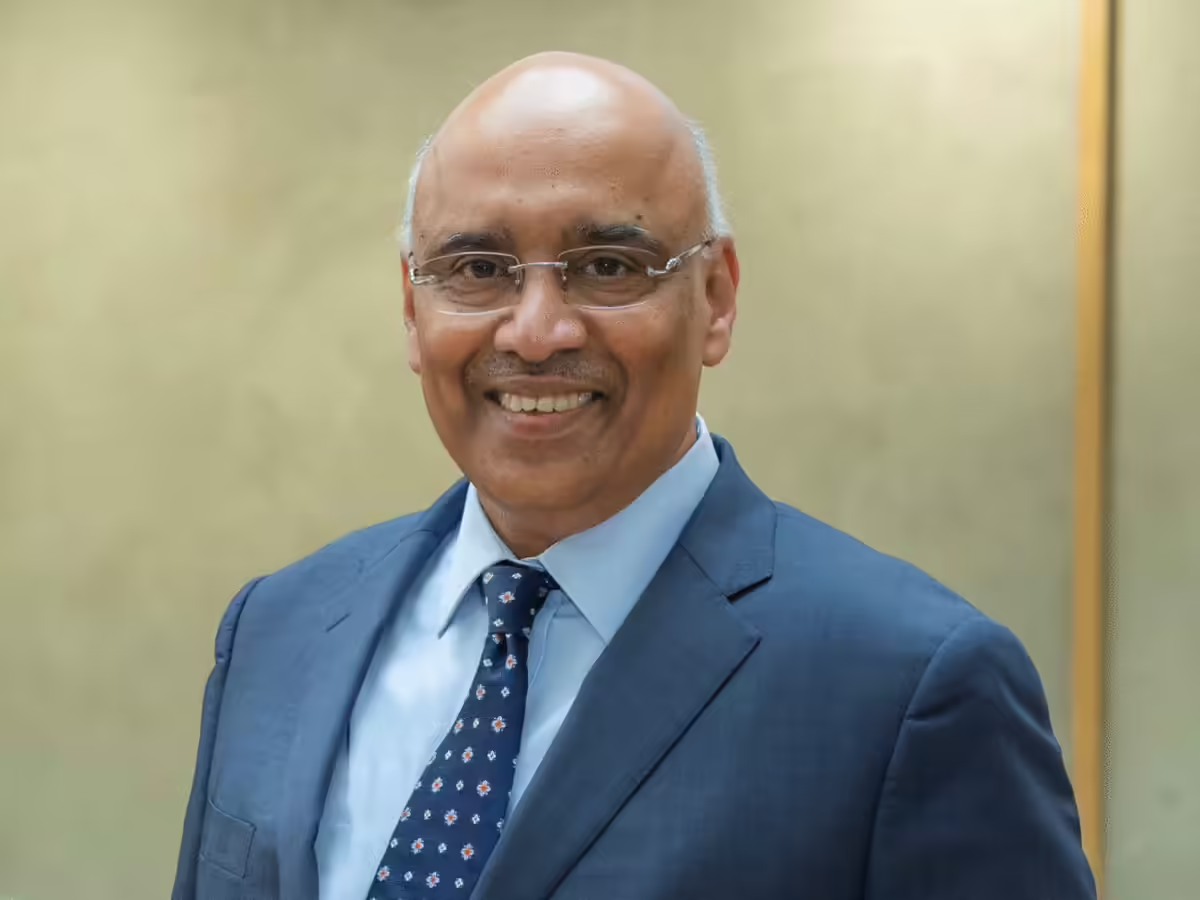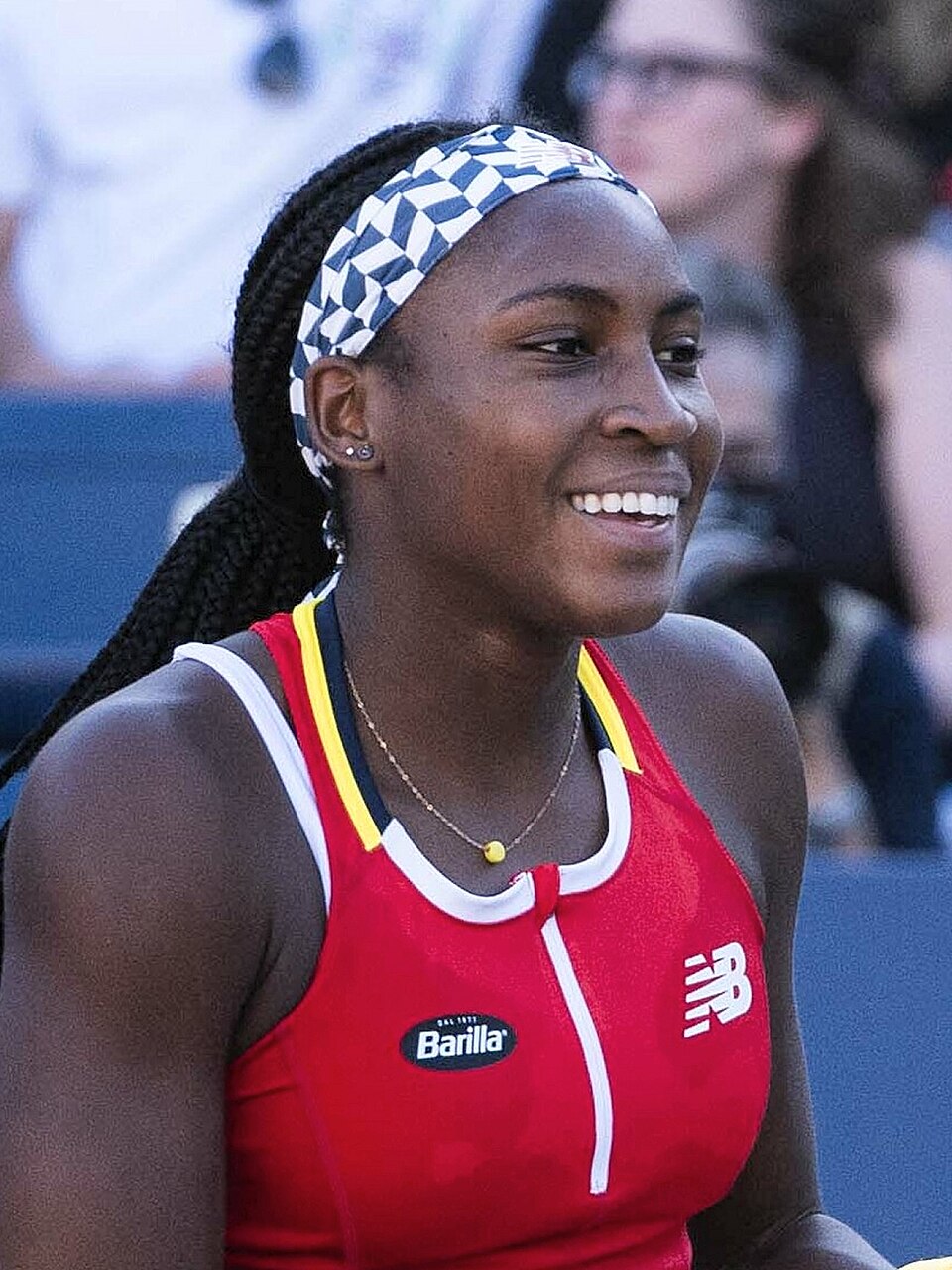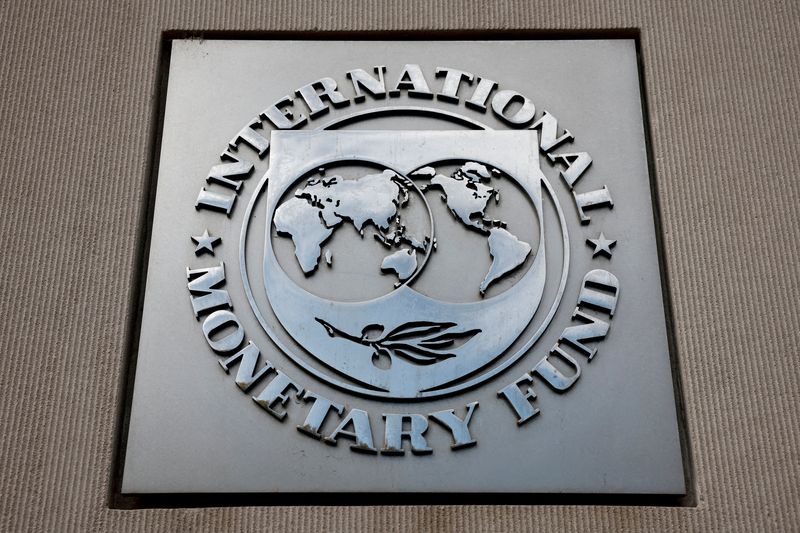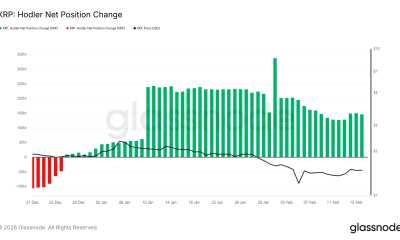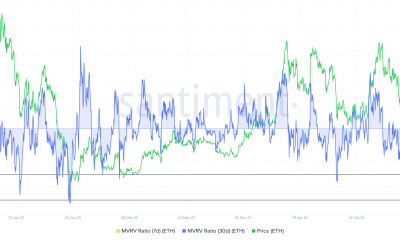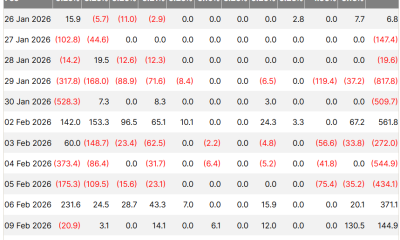Open a phone today and the browser is no longer the starting point. For many users, daily digital life begins and ends inside apps — checking messages, managing finances, following news, or booking services without ever typing a web address.
This shift hasn’t happened by accident. It reflects a deeper change in how people expect technology to fit into their routines.
Apps have reshaped digital behavior by removing effort. They remember preferences, load instantly, and offer a sense of continuity that browsers rarely provide. What once required multiple steps and repeated logins now happens with a single tap. Over time, convenience becomes habit, and habit becomes preference.
For businesses, this trend signals more than a design choice. It marks a fundamental transformation in how users interact with digital services — one where efficiency, familiarity, and control outweigh the openness of the traditional web.
The Shift From Open Web to App-Centric Behavior
The open web once symbolized freedom — endless tabs, searchable answers, and the sense that everything was just a click away. But convenience has quietly rewritten that ideal. Today, most users no longer browse for daily tasks; they return to familiar apps. This isn’t a rejection of the web, but a reordering of priorities driven by habit, speed, and predictability.
App-centric behavior grows out of repetition. When people perform the same actions every day — checking scores, managing accounts, following updates — they don’t want to navigate menus or re-enter information. Apps eliminate those small points of friction. They open where users left off, remember preferences, and respond instantly. Over time, the browser starts to feel like a detour rather than a destination.
This shift is especially visible in mobile-first regions, where smartphones are the primary computing device. Users adapt to ecosystems built around apps that work smoothly on limited connections and modest hardware. In such environments, downloading a dedicated app — whether for news, finance, or platforms accessed through options like 1xbet indonesia apk — feels practical rather than deliberate. It’s simply the fastest path to what the user already knows they want.
As behavior becomes more app-centric, the open web doesn’t disappear — it recedes into the background. Apps become the front doors of digital life, shaping routines through familiarity and ease. The shift isn’t about closing off access, but about choosing efficiency over exploration in everyday digital moments.
Speed, Familiarity, and Reduced Friction
Speed has become the quiet benchmark of modern digital satisfaction. Users may not consciously measure load times or interface efficiency, but they feel the difference immediately. When an app opens instantly and responds without hesitation, it creates a sense of momentum. There is no waiting, no recalibration — just action. In daily digital tasks, that immediacy matters more than features users rarely touch.
Familiarity builds on that speed. Apps succeed because they feel predictable in the best possible way. Buttons stay where users expect them, flows don’t change without reason, and progress resumes exactly where it left off. Over time, this consistency removes the need to think about how to do something. Users simply do it. That comfort turns apps into default tools rather than conscious choices.
Reduced friction is where speed and familiarity converge. Apps eliminate repeated logins, unnecessary steps, and redundant decisions. Notifications replace manual checking, saved preferences replace setup screens, and one-tap access replaces navigation. Even platforms people engage with casually, including services accessed through apps like 1xbet aplikasi, benefit from this streamlined experience because ease of use lowers the barrier to return.
In the end, users don’t choose apps because they are closed ecosystems — they choose them because they respect time and attention. Speed keeps users moving, familiarity keeps them confident, and reduced friction keeps them coming back.
Personalization and Control Drive Habit Formation
Habit doesn’t form through novelty — it forms through comfort and control. In the digital world, users return to the tools that adapt to them, not the ones that demand constant adjustment. Personalization has become the engine behind this dynamic, quietly shaping routines by making each interaction feel familiar and relevant.
When apps remember preferences, surface relevant content, and organize information around individual behavior, they reduce mental effort. Users don’t need to search, filter, or reset their experience every time they open an app. This sense of continuity creates trust. The platform feels less like a tool and more like a personalized space that reflects how the user thinks and acts.
Control strengthens this relationship. The ability to manage notifications, customize dashboards, or choose how and when to engage gives users ownership over their digital habits. Instead of being pulled into experiences, they opt in on their own terms. That autonomy turns occasional use into consistent behavior.
Over time, personalization and control reinforce each other. The app becomes easier to return to because it already understands the user, and the user feels comfortable returning because they remain in charge. This is how digital habits are built — not through pressure, but through alignment with everyday routines.
Offline Reliability and Infrastructure Realities
Digital products are often designed for ideal conditions — fast connections, stable networks, uninterrupted power. Real life looks very different. Users move through spaces with weak signals, fluctuating data speeds, and occasional outages. In these environments, offline reliability stops being a bonus feature and becomes a deciding factor in what people actually use.
Apps tend to perform better under these realities because they anticipate disruption. Cached data, background syncing, and lightweight interfaces allow users to continue tasks even when connections drop. Instead of failing completely, apps degrade gracefully, preserving progress and restoring functionality when access returns. Browsers, by contrast, often require a continuous connection to remain usable, turning minor network issues into full stop moments.
Infrastructure realities also shape trust. When a tool works reliably on a crowded commute, in rural areas, or during network congestion, users remember it. Reliability builds confidence, and confidence builds routine. People return to platforms that respect their constraints rather than assuming perfect conditions.
As digital access expands globally, infrastructure gaps will persist longer than ideal networks. Products that succeed are those designed for the world as it is, not as it should be. Offline reliability isn’t about removing connectivity — it’s about acknowledging reality and building experiences that remain useful when conditions are less than perfect.
What This Means for Businesses Going Forward
The shift in user behavior toward apps over browsers is not a passing trend — it’s a structural change with clear implications for businesses. Companies are no longer competing simply on features or pricing, but on how seamlessly they fit into a user’s daily routine. Attention has become scarce, and the products that win are those that reduce effort rather than add to it.
For businesses, this means rethinking digital strategy from the ground up. An app is no longer just an extension of a website; it is often the primary relationship channel. Investment in performance, personalization, and reliability directly translates into retention and lifetime value. Users who feel understood and in control are more likely to return, engage, and stay loyal.
It also means designing for real-world conditions. Products must perform well across devices, network qualities, and usage patterns. Flexibility and resilience are now competitive advantages, not technical details. Companies that acknowledge infrastructure realities and user behavior gain trust in markets others struggle to reach.
Going forward, successful businesses will be those that treat digital experiences as living systems, not static products. By prioritizing ease, adaptability, and user-centric design, they position themselves not just to attract users — but to become part of everyday life.

